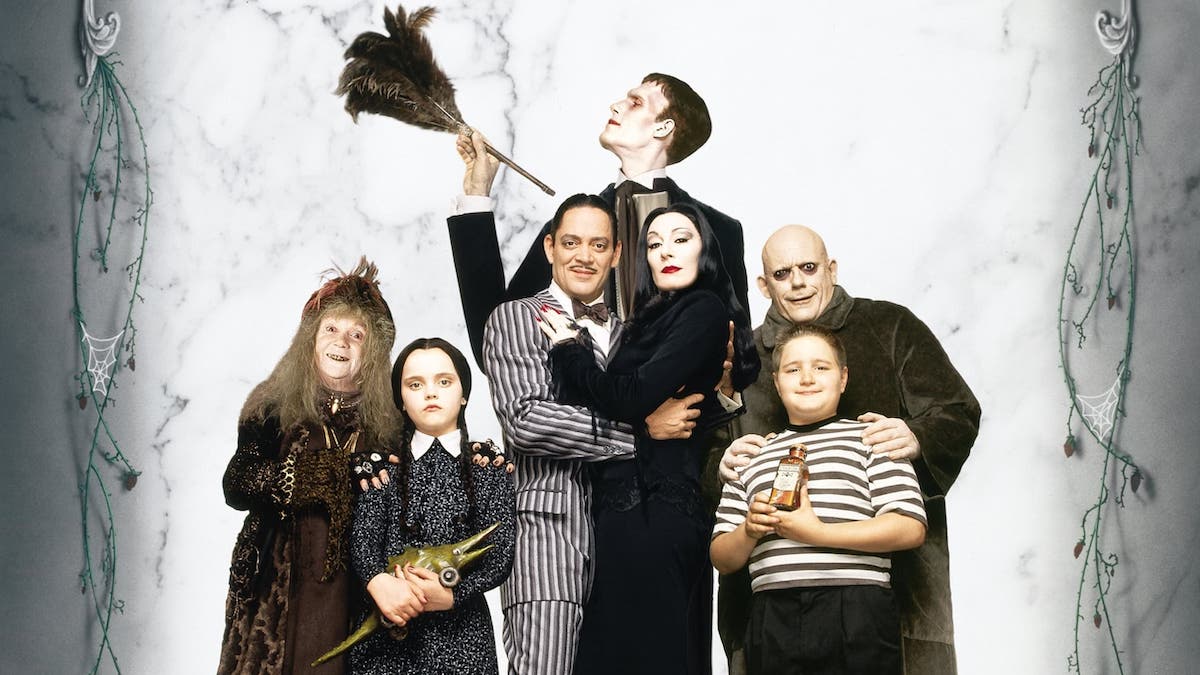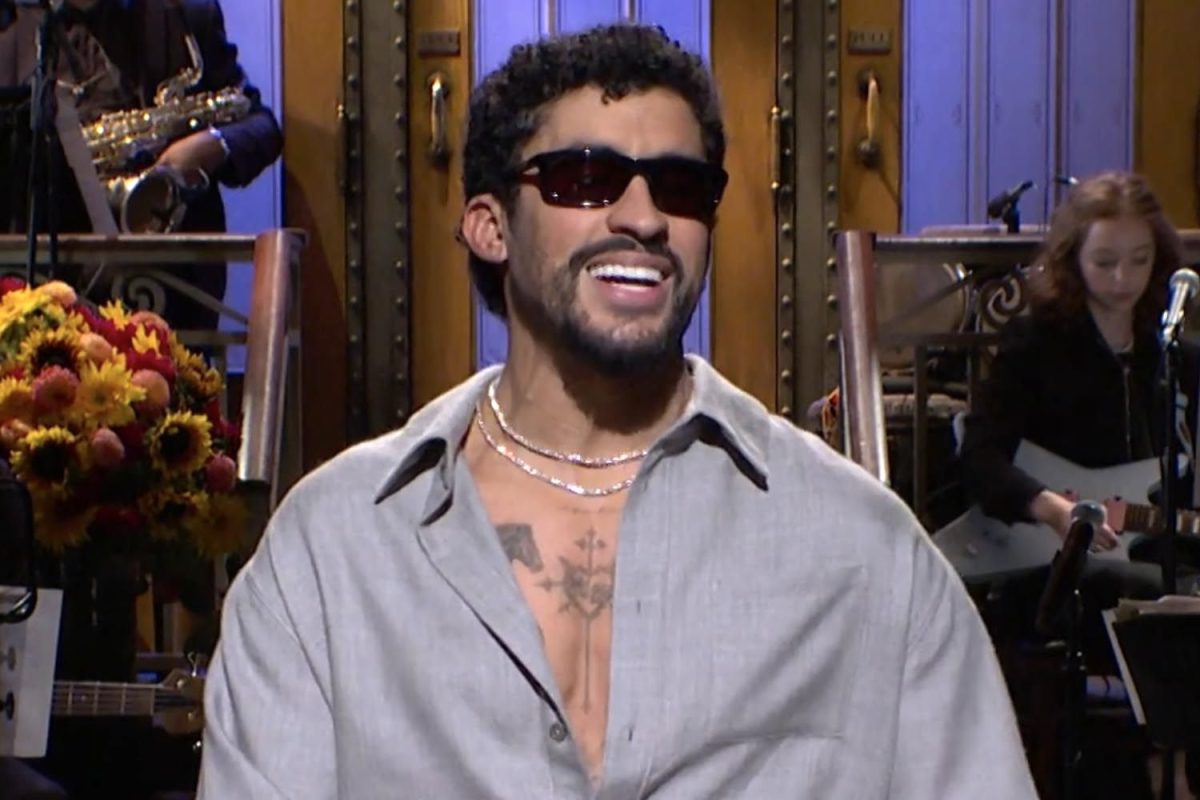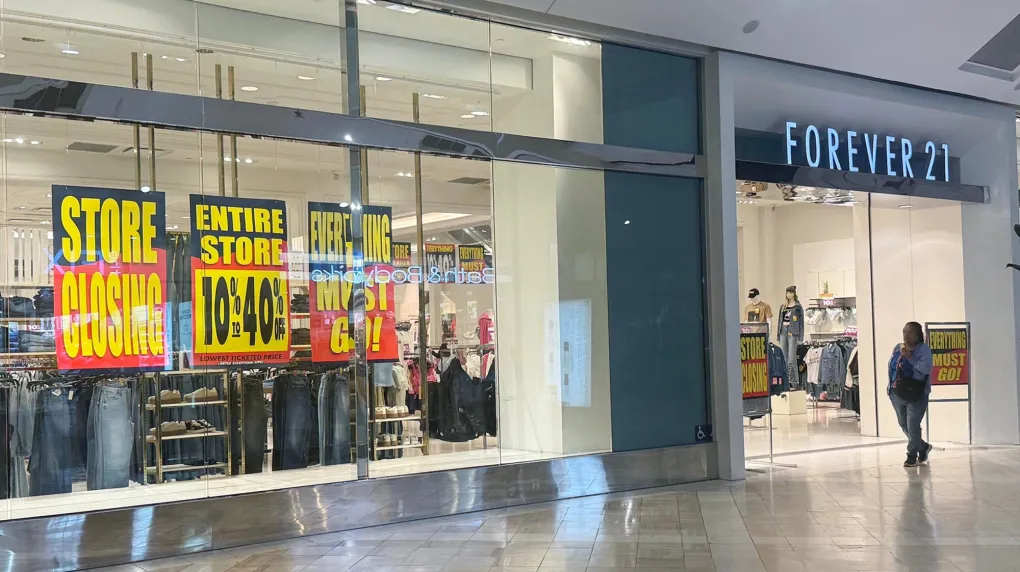
July first became a paradoxical Groundhog Day as Natanael Cano, one of the pioneers of the corrido tumbados genre — Mexican folk songs revamped with trap — released his latest album, “Porque La Demora” (why the delay) with nothing more than trap and reggaeton tracks. Nearly vanishing the trumpets and strings of the 150-year-old regional music from his album, Cano’s lyrics were still the same take on drugs, sex and violence, the direct reflection of the superficial crackdown on the genre.
From death threats to visas revoked, the genre tributing cartel leaders that grew by 400% on Spotify and surpassed Taylor Swift on YouTube by 2023 is now under fire from all fronts — the government, the audience and the drug lords. However, the paralegal censorship of regional music is more performative than intentional.
As far as the new release, Cano shows a progression in his lyricism, achieving bizarre yet entertaining metaphors comparing graphic sex with drug use in songs like “Como Es.” The twist on his script moves away from the blunt descriptions of narco trafficking violence he explored in his last album, Nata Montana.
However, Cano is a perfect example of the complexities of a dawning genre, one intertwined with political pressure, paralegal propaganda and profit priorities.
If people take their word for it, the government is openly censoring narco corridos. Cities south of the border have almost outlawed the genre, with Tijuana making the live performance of narco corridos illegal, Chihuahua is fining $20,000 to anyone distributing the music and Mexico City has influenced artists into scratching their crime-themed tracks from their concerts.
The last point led Nata’s colleague, Luis R. Conriquez, to have his instruments vandalized outside of Mexico City in April. “It feels bad not being able to sing what people want to hear,” Conriquez said, “but we join the cause of zero corridos.”
The on-stage censorship has also been influenced by developments in the U.S. On April second, the music band Los Alegres del Barranco had their American visas revoked after screening images of a most-wanted drug lord. Foreseeing problems similar to artists in the scene, Junior H — a prominent icon of regional music and corridos tumbados — omitted his top tracks from his Coachella presentation, all ballads for similar criminal capos.
“The Trump administration has not only labeled cartels terrorist groups, and thus made any association with them a more serious crime, but it has essentially pressured Mexican officials to act while also scaring musicians,” James Wagner, a New York Times journalist, said.
Cano has spoken out against state censorship, calling out politicians and incentivizing the audience to take action. “With all due respect to the people who are prohibiting us from singing and showcasing our art, we don’t give a damn,” he said. “Do something about it yourselves, don’t come asking me for it here.”
The state cut off the lights and sound at the concert, but the organized crime left a message signed in blood.
“Dear regional artists and influencers, we hereby urge you (…) not to financially support the Salazares criminal group or any independents with influence in the government,” a faction of the Sinaloa Cartel wrote. “Beware, this isn’t about making corridors, it’s about collaborating with money, financially, or any illegal activity. If you ignore this warning, you will be shot.”
The cornering of corrido musicians thus appears to aim at the censorship of their songs; however, that contradicts the motives behind those who harass them.
Cartel leaders have been ordering regional bands to write them songs for decades, only shutting them down when they perform on enemy territory. International audiences play the crime anthems at clubs or on TikTok for likes and then denounce them once another massacre is committed. Finally, both the U.S. and Mexican governments, rather than purging their corruption-infested ranks, criminalize cultural products to profit off their quotidian presence.
Thus, the censorship is sterile. Rather than preventing the exaltation of criminal figures, the varied detractors of the genre only cannibalize the cultural product, whether it is for profit, for power, or for pleasure.
Cano’s words before his biggest concert in 2023 resonate with the paradox of corrido censorship. “I was always an artist who didn’t focus on drug trafficking,” he said. “That’s why I called it corridos tumbados. They talk about my personal life, about what I’m going through. I marked that line well from the beginning.”
Nata’s new album wasn’t so different after all. The drug references were under the table, machine guns harmonized his song “Como Tony,” and lyrics of breakup sex were the perfect curtain to elevate the same messages of cartel life that he popularized. It was never about defending or canceling a genre, it was about perpetuating narco culture as a reflection of power and violence — not out of evilness but out of a Stockholm syndrome.
When he salutes cartel leaders in front of thousands of people, when he consumes the narcotics manufactured by the criminal group, provides a share of his profits to local politicians, and narrates the stories audiences demand, the system of violence and power keeps going at the expense of cultural expression and the civilians living out the true nightmares in the fantasies they lie about.








